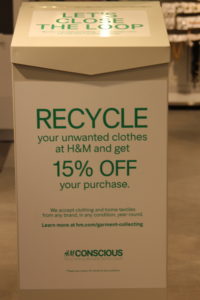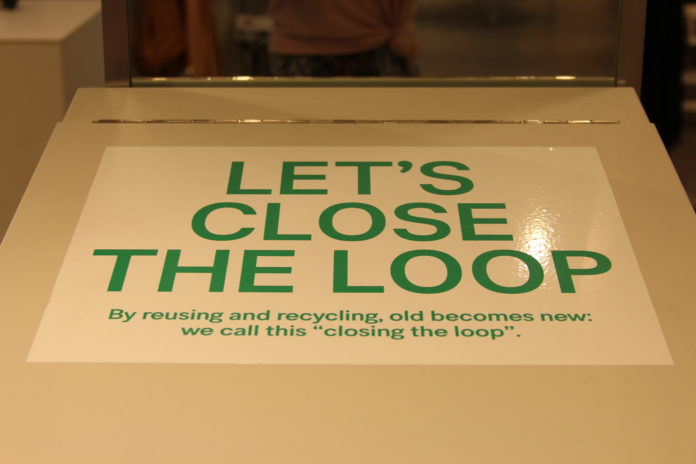Emma Coleman
It’s no secret that lately Mother Nature seems to have it in for the United States and other North American countries, and while this constant bombardment of disaster after disaster has certainly taken it’s tole on those impacted it seems to have also awakened a desire in others to help those in need.
On Aug 25 Hurricane Harvey hit the state of Texas making landfall as a category 4 hurricane with up to 130 mph winds. Harvey was the first hurricane since Ike in 2008 to hit the Texas coast and was the strongest hurricane to hit this part of Texas since Hurricane Carla, in September 1961, according to the National Weather Service.
On Sept 6 Hurricane Irma began moving into the Caribbean and would bring “devastating damage from the Caribbean into Florida and the Southeast,” according to the Weather Channel
On Sept 7 an earthquake hit southern Mexico. On Sept 11 Alejandro Murat, the Governor of Oaxaca, Mexico, told local reporters that there were at least 76 deaths in his states and at least 12,000 homes that had been destroyed. Al Jazeera reports that this quake was, “the most powerful earthquake to hit Mexico in more than eight decades [and] was stronger than a 1985 temblor that killed thousands in Mexico City.”
And if that wasn’t enough this week Hurricane Jose is expected to “cause life-threatening surf and rip currents along the East Coast, ” according to the National Weather Service.
Those in need of the basic necessities like food and water after these combined disasters are numerable but help seems to be flooding in fast as people from all over the country and the world send donations, even our Titans.

West’s National Honor Society set up a donation drive for victims of Hurricane Harvey collecting many needed items before recent volleyball games.
Senior and President of National Honor Society, Sam Stott, explained why people seemed so willing to give, “I think there’s an emotional tie because tragedies are a lot closer when they are in the United States… when it’s closer to home and a lot of people have families [impacted] and you see it on the news all the time it’s very easy to give up something you might have to someone who you see clearly needs it”
However, with such great need a question arises: is it better to donate money or things in the wake of so many large scale disasters? When trying to understand the logistics of donating this question becomes important.
“‘Generally after a disaster, people with loving intentions donate things that cannot be used in a disaster response, and in fact may actually be harmful,” said Juanita Rilling, former director of the Center for International Disaster Information in Washington, D.C. “And they have no idea that they’re doing it,’” said said Juanita Rilling, former director of the Center for International Disaster Information in Washington, D.C. in an interview with CBS Sunday Morning’s Steve Hartman. What Rilling urges is that people be conscious donors as, “‘any donation is crazy if it’s not needed.’”
“I think in our case we have seen people are more likely to donate things when it’s something at school and they have prior information about what’s going on,” said senior, and NHS executive, Maggie O’Connor, “but when at like the football games people are more likely to donate money so it just depends on the circumstance.”
O’Connor went on to say, “I think money is probably going to end up being used more efficiently just because when people are donating things they donate what’s convenient for then and not necessarily maybe what people actually need and so hopefully if you’re donating to the right organizations it would be better if you gave them money so that they could spend it wisely.”
But when it comes down to it seems people tend to want to donate things for “the same reason why people don’t give people gift cards on their birthday; it feels more personal to give someone a thing,” said O’Connor.
However, as Stott points out trust between donor and organization is perhaps the most important tool in ensuring that victims get what they need, “Yes, I think some people prefer to donate things because they know it’s not misused because occasionally some of the big organizations get caught misusing funds so people feel if they donate a certain item they know it’s going to the right cause instead of hoping someone uses their money correctly. I think organizations have a little bit better knowledge of what’s needed than we do.”














